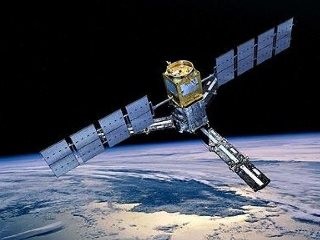The Chinese government has announced plans to use its own satellite navigation system to monitor and detect possible leaks in gas pipelines, the Xinhua News Agency reported.
The National Administration of Surveying, Mapping and Geoinformation (NASMG) made the announcement on June 12, Friday.
According to a statement by NASMG, a program will be put in place in more than 100 cities using the Beidou Navigation Satellite System (BDS). The program is already currently being used in 10 cities.
China's urban gas pipelines extend to more than 400,000 kilometers and are equipped with pressure transistors that can show low pressure or potential leaks. However, they were unable yet to locate the exact site.
Miao Qianjun, secretary-general of the Global Navigation Satellite System and Location Based Services Association of China, said that under the new system, hand-held BDS devices will be given to the gas engineers, which they can use to accurately pinpoint and record the locations.
"The data collected will be compiled into leakage propensity analysis reports that will inform real-time risk assessment. The devices will also track the movements of employees, ensuring productivity," Miao was quoted as saying.
China mulls on expanding its urban gas pipeline network to 600,000 kilometers by 2016.
China launched the first BDS satellite in 2000 to serve as an alternative to satellite navigation systems developed by other countries. In Dec. 2012, the system started sending positioning, navigation, timing and short message services to China and some parts of the Asia Pacific.
At the 94th meeting of The International Maritime Organization (IMO) Maritime Safety Committee, the Beidou Navigation Satellite System (BDS) approved the "Navigation Safety Circular" of Beidou and it became part of the World-Wide Radionavigation System (WWRNS).
On March 30, 2015, the first new-generation Beidou Navigation Satellite (and the 17th overall) was successfully set to orbit by a Long March 3C rocket.



























